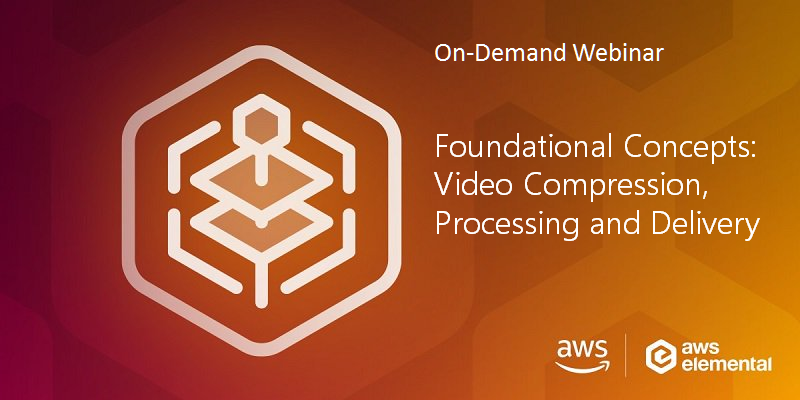11th October 2018, 18:00 BST
Location: IET London, Savoy Place
Whilst many of us in the broadcast industry know current technology well, we would be wrong to overlook learning from the past and few can say we remember it all. This talk Former BT Chief Science Officer, Mike Carr, and current President of the IET promises to be a great reminder of the achievements of the past and why, for better or for worse, they have given us the technological landscape we work in today.
This Presidential address will overview the highlights and evolution of video compression engineering, starting with the relative simple schemes of the late 1970’s through to latest sophisticated techniques demonstrating how digital compression has played such a key part in enabling video as we use it today.
The talk is free to attend at Savoy Place, near Embankment, Central London. To register, you need to sign up for a free IET account. Following the talk is an optional paid dinner. Access to the talk is free and requires only registration!
Speaker:

During his first 15 years with BT’s Labs his career has focused on the research, development and practical design of real-time audio/visual and multimedia communications systems.
He has several patents to his name in the field of video compression and is the holder of two prestigious BT awards; the Martlesham Medal for R&D (1992) and the BT Gold medal (1994) for leading multimedia product developments.
In 1998 he was elected President of the Digital Audio-Visual Council (DAVIC) a non-profit association based in Switzerland and representing 160 companies in more than 25 countries, focused on developing specifications for audio-visual systems. From 1999 Mike was based in Silicon Valley, California, USA where he established BT’s US Technology office and Corporate Venturing activity.
Mike is a Fellow of the Royal Academy of Engineering. He received an OBE for “services to innovation” in 2017.





